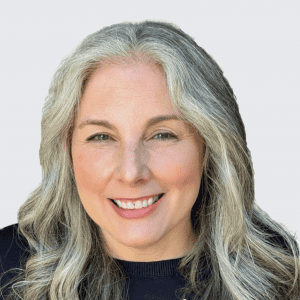Your personal experience is an important resource that offers valuable insight into the patient journey and the needs of the Dravet syndrome (DS) community. While each of us has a compelling story to tell, the decision to share your story is a very personal one. There are two important but very different ways that you can share your experience.
First, you can share your child’s personal and individual story, because these stories make a difference on several levels. When a family has a child that is undiagnosed and they are searching for answers, they are looking for a story that resembles their own. Your child’s story could be invaluable for someone else who is still searching, and allow them to find and connect to the DS community. Perhaps most importantly, these stories lessen the isolation that so many of our families feel. When my son finally received his diagnosis at the age of 4 and I was able to connect with other families, their stories and that connection counteracted my feelings of isolation and offered some knowledge and empowerment that helped me navigate our life with DS. Finding a supportive network allows us not only to learn from one another but to work together for the joint benefit of our loved ones. Our personal stories have power because they raise awareness and teach about DS and its many challenges to those outside of our families. They help our researchers and clinicians understand the importance of the work they are doing and they show our donor community why the work they are supporting through their generous gifts is so vital.
If you are not comfortable with publicly sharing details of your child’s and family’s lives, there are other ways you can share your experience of living with DS that will make a real impact on the current and future state of this disease. By sharing your experience through surveys, phone interviews, and/or patient advisory panels, you act as a bridge from the patient community to scientists and industry members, helping them to better understand gaps in care, comorbidities, and caregiver burden. As an added bonus, most of these opportunities offer compensation for participation.
Please consider sharing your experiences and help us bring to life our community needs and what it is like to live with DS. You can help in one or more ways:
- Add your child’s photo and story to our website.
- Attend a Day of Dravet regional workshop and participate in open dialogue with other stakeholders on Patient Centered Outcomes Research and community needs.
- Complete this survey to be contacted by DSF when opportunities to participate in surveys or patient advisory board opportunities become available.






